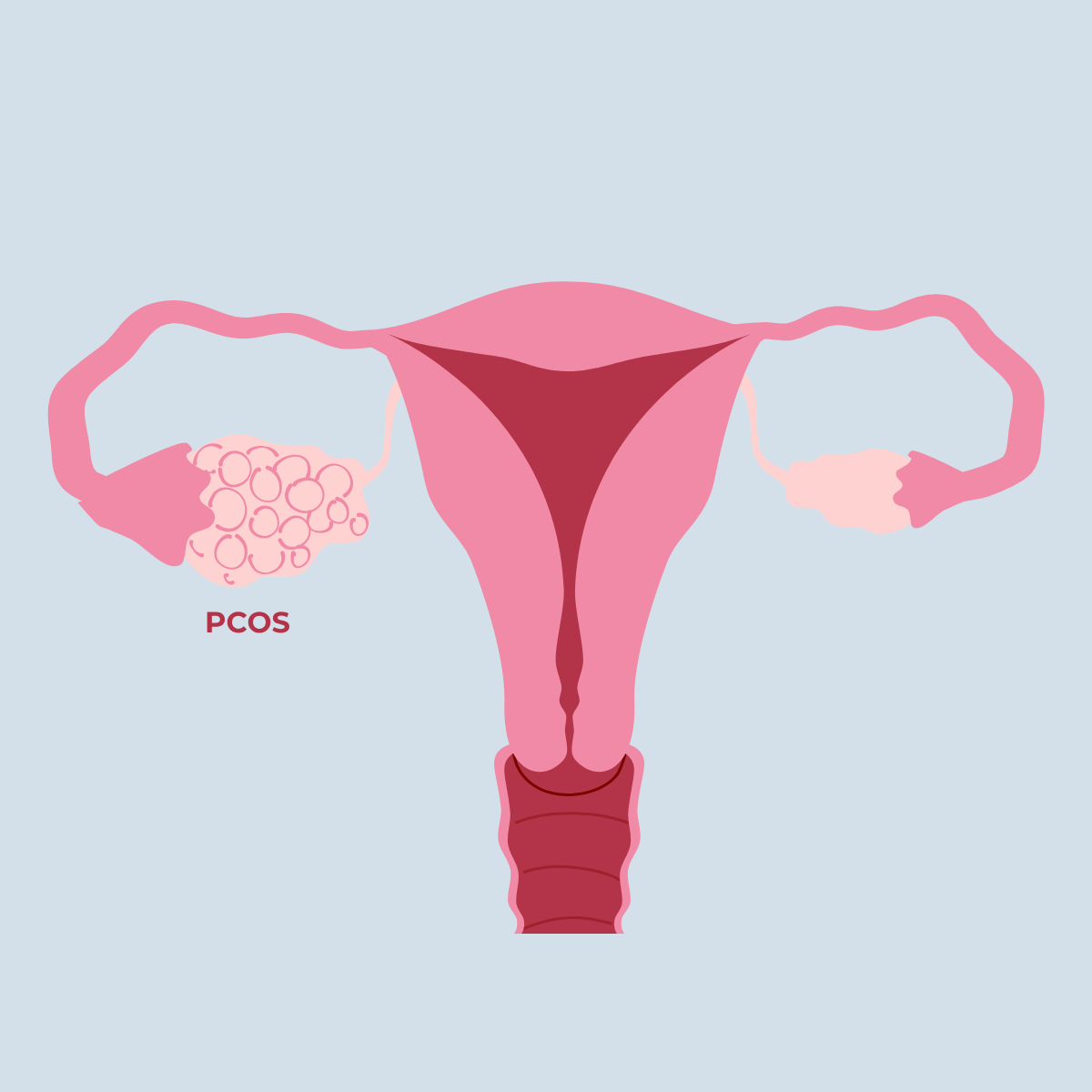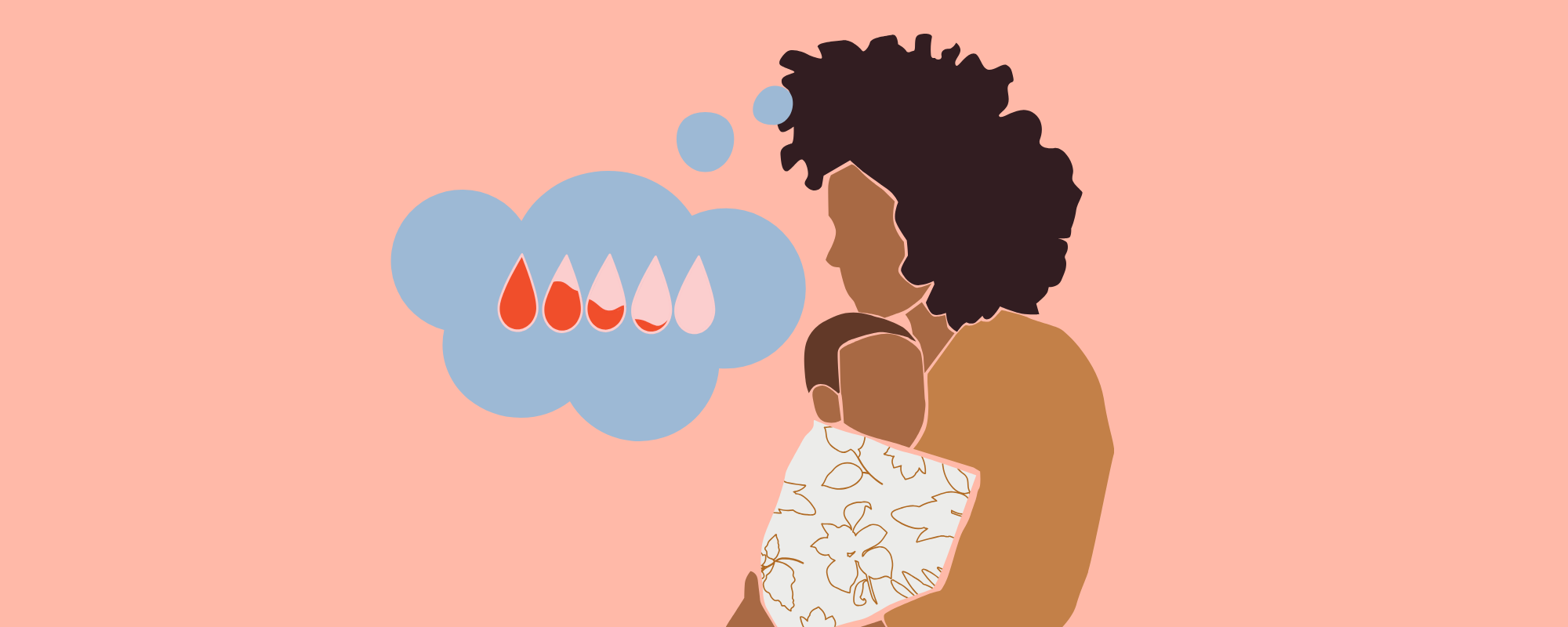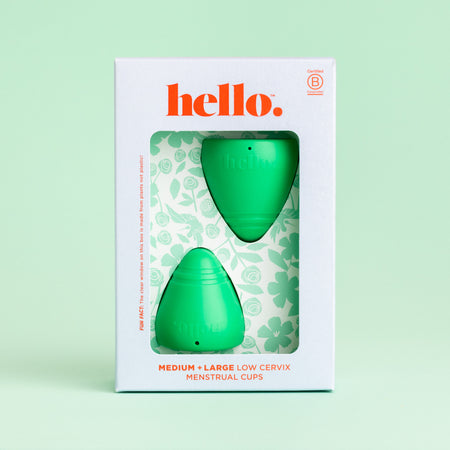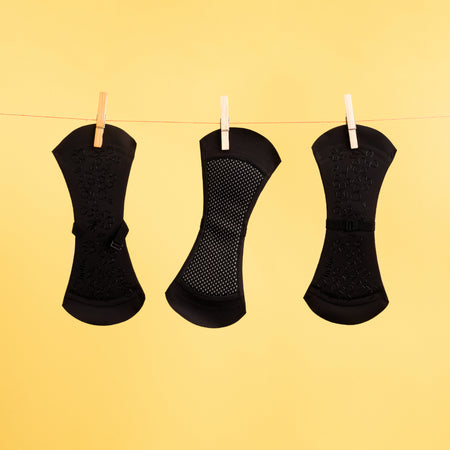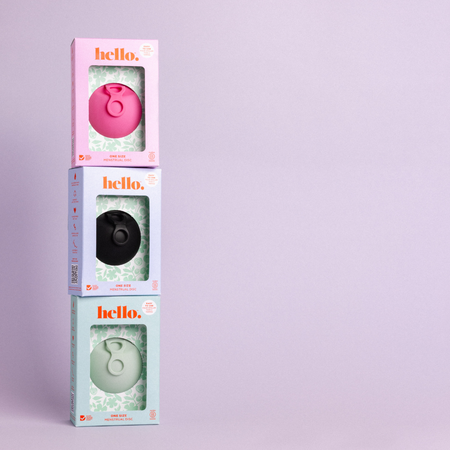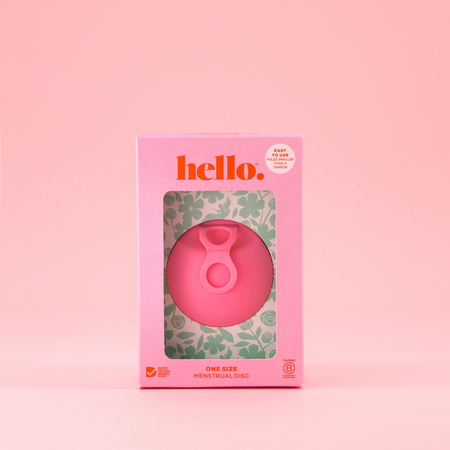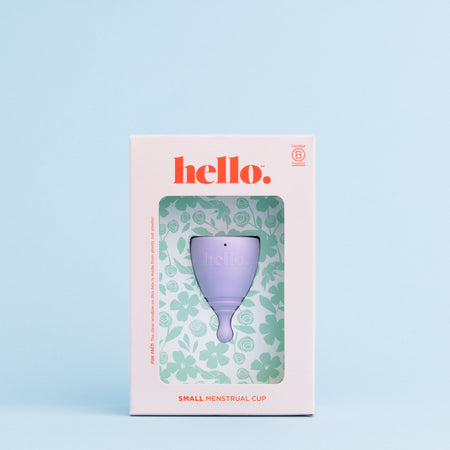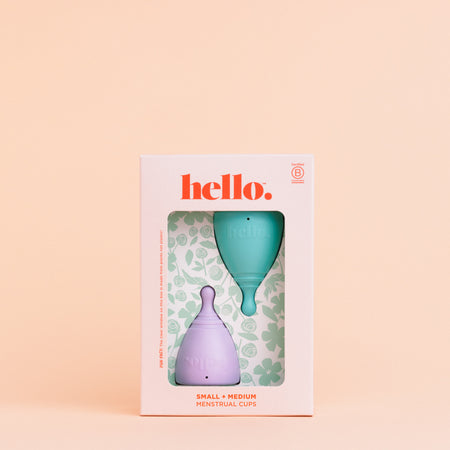Ever felt like your period is trying to win an Olympic gold in the heaviest flow category? Feeling like those reproductive organs are making you counter-productive? You're not alone, and in fact, these experiences are more common than you might think. Heavy periods, medically known as menorrhagia, affect roughly one in four women. That is a lot. So we thought some information that can help with understanding and managing heavy menstrual bleeding would be crucial in helping a quarter of us to optimise our health and well-being.
In this blog, we'll walk you through everything you need to know about heavy periods, starting with what they are, the symptoms and causes, and the various treatment options available. Importantly, everybody is different and what even is normal. But we want to make sure you’ve got some information handy that helps you to better understand and make informed choices about how to care for and get the best from your body.
What is a Heavy Period?
A heavy period isn’t just a blip on your radar; it can throw a wrench in your daily life. But what makes a period "heavy"? If you're running through pads or tampons like they’re going out of style, passing clots bigger than a 50-cent coin, or your period's overstaying its welcome past eight days, you might be dealing with menorrhagia. Losing more than 80ml of blood per cycle is the standard “heavy” benchmark, and it’s time we get chatty about it so everyone can recognize the signs and get the help they need.
How Do You Know If You Have Heavy Periods?
Pinning down whether your flow is heavier than normal can be as tricky as herding cats, especially since periods can vary. The key is to be in tune with your body. Here are a few indicators:
- Frequent Changes: You’re switching out pads, tampons, menstrual cup or menstrual disc every two hours or less.
- Large Clots: Passing clots bigger than a 50-cent piece.
- Daily Disruption: Your period keeps you from your usual shenanigans.
If any of these sound familiar, it might be time to chat with a healthcare pro. They can help you figure out if you’re dealing with menorrhagia or just getting to know your unique cycle.
What Causes Heavy Periods?
Heavy periods can pop up from a variety of underlying causes. Here are the usual suspects:
- Hormonal Imbalances: These can turn the uterine lining into an overachiever.
- Uterine Fibroids: Non-cancerous bouncers making your periods last longer than a bad movie.
- Polyps: Similar to fibroids but often smaller and sneakier.
- Endometriosis: When uterine tissue decides to explore beyond its borders.
- Adenomyosis: Uterine lining doubling down into the muscle wall.
- Blood Clotting Disorders: Like Von Willebrand disease, making clotting a bit of a drama queen.
Figuring out the root cause is step one in managing the flow. Always consult with a healthcare provider for a full picture and plan.
Regular vs. Irregular Menstruation
Understanding the difference between regular and irregular menstruation is one way that can help you better monitor your menstrual health. Again, it’s all about paying attention to your cycle and your lifestyle and being in tune with what your body is telling you. Here's a quick comparison:
| Characteristic | Regular Menstruation | Irregular Menstruation |
|---|---|---|
| Cycle Length | 21-35 days | Varies significantly from one cycle to another |
| Period Duration | 3-7 days | Can be shorter or longer than the average 3-7 days |
| Flow Consistency | Steady flow with a gradual decrease | Unpredictable flow, may be very light or very heavy |
| Predictability | Generally predictable | Often unpredictable |
| Symptoms | Mild to moderate cramps | Severe cramps, nausea, and other symptoms may occur |
Knowing what's normal for your body can help you spot irregularities and seek medical advice when needed.
Health Effects of Heavy Periods
Heavy periods aren’t just a nuisance; they can have health implications. Here are a few to keep in mind:
- Anaemia: Excessive blood loss can lead to iron deficiency, making you feel like a deflated balloon.
- Severe Pain: Cramping can crank it up a notch.
- Inflammation and Infection: Prolonged bleeding can sometimes invite unwelcome guests.
If heavy periods are dragging your health down, it’s time to seek medical advice.
How to Stop Heavy Periods
While there’s a whole novel to be written on this, here’s a quick cheat sheet. Methods range from simple lifestyle tweaks to surgical options—no right or wrong here, just your personal choice.
1. Home Remedies and Lifestyle Changes
- Diet: Load up on iron-rich goodies like spinach and lentils.
- Exercise: Gentle movement can help ease cramps.
- Hydration: Keep the fluids coming to maintain blood volume.
2. Medications
- NSAIDs: Like ibuprofen, can cut down blood loss and pain.
- Hormonal Therapy: Pills, IUDs, or hormone shots can smooth out your cycle.
- Tranexamic Acid: Helps keep those clots from breaking down too soon.
3. Surgical Procedures
- Endometrial Ablation: Zaps away the uterine lining.
- Hysterectomy: In extreme cases, the uterus takes its final bow.
Consult with your healthcare provider to find the best action plan for you.
When Do You Need to Talk To Your Doctor?
It's essential to see a healthcare provider if you encounter:
- Bleeding that goes on for more than seven days.
- Clots are making a bigger splash than usual.
- Symptoms of anemia like fatigue and dizziness.
- Pain that laughs in the face of OTC meds.
- Irregular periods or unexpected mid-cycle bleeding.
Your doctor can pinpoint the cause and suggest treatments.
Experience The Best Menstruation with Hello!
At Hello Period, we aim to make your menstrual journey as smooth as possible, especially if you're dealing with heavy periods. Our products are designed to support those with heavy flows, taking the weight off your shoulders. From high-capacity menstrual cups to absorbent period underwear, we’ve got you sorted.
FAQs
To help you navigate the challenges of heavy periods, here are some frequently asked questions and answers that cover dietary advice, prevalence, and duration:
1. What Foods Should You Avoid with Heavy Periods?
Steer clear of salty and sugary foods as they can crank up bloating and cramps. Keep caffeine and alcohol to a minimum—they can mess with your hormones.
2. How Common Are Heavy Periods?
Heavy periods are a shared experience for about one in four folks. Remember, you’re not alone, and with the right approach, they can be managed.
3. How Long is Too Long for Heavy Periods?
If Aunt Flo overstays her visit beyond seven days, have a chat with your healthcare provider to get to the bottom of it.
A Word to the Wise
Understanding and managing your period, especially a heavy one, is key to keeping your health and quality of life in check. By knowing the causes, recognizing the symptoms, and seeking advice when needed, you can keep your body in balance. At Hello Period, we love hearing your success stories and seeing how our period products fit into your life. It’s all about listening to your body and finding what works best. Dive into our product range and experience the best menstruation possible with Hello Period.
Disclaimer: Please be aware that we are not healthcare professionals. Our content is for informational purposes only and should not be considered a substitute for professional medical advice, diagnosis, or treatment.








